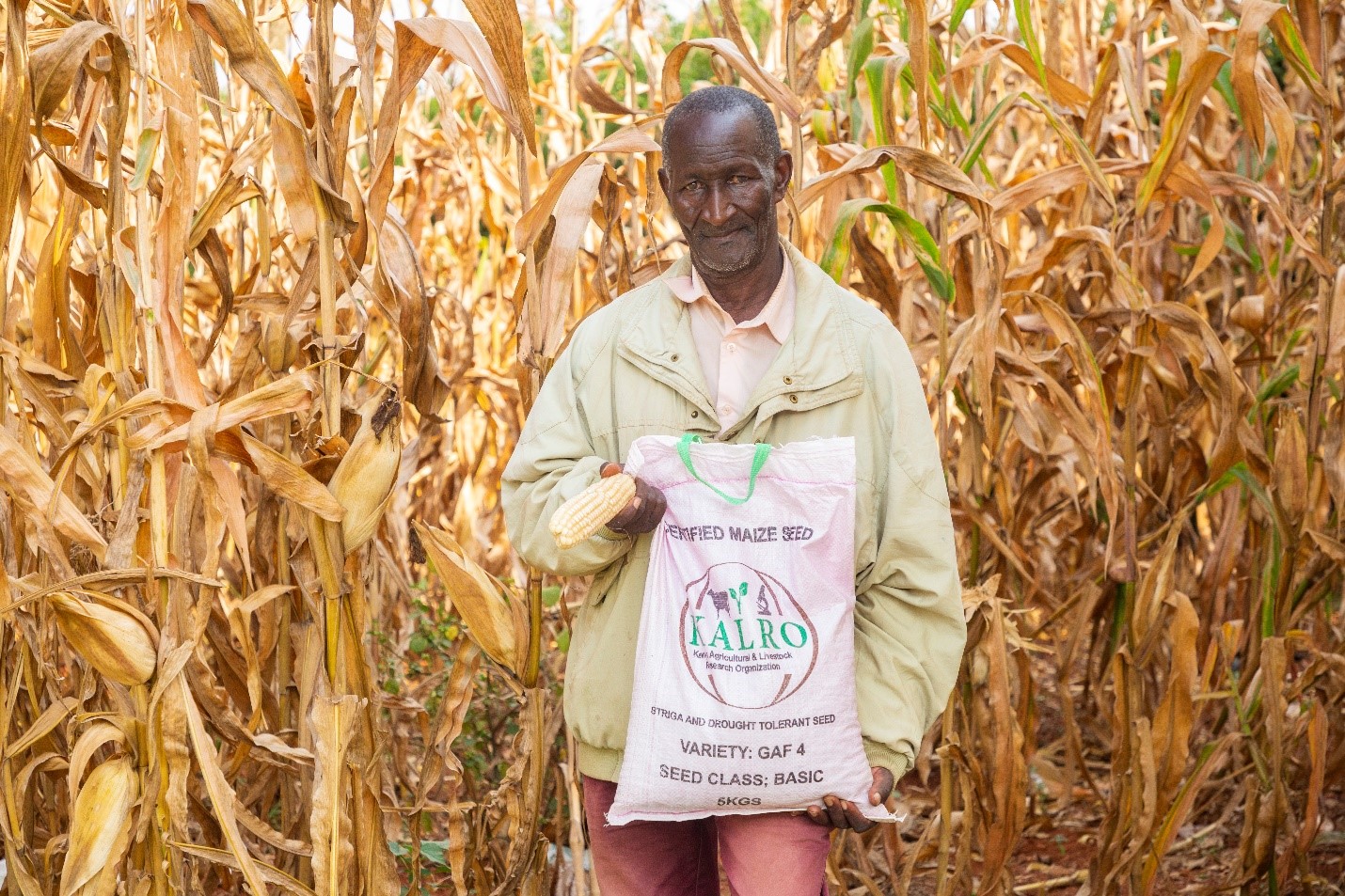African governments and regional economic blocs have been urged to increase funding for Science, Technology, and Innovation (STI) and create an enabling environment for technology adoption. This would transform livelihoods and enable the continent to benefit from modern agricultural innovations such as biotechnology including gene-editing and other emerging technologies for sustainable economic growth.
This call was made by experts during the Second Africa-wide Science, Technology, and Innovation High-Level Conference, organised by AATF in collaboration with the African Union Development Agency-NEPAD (AUDA-NEPAD) and the Government of Rwanda in April 2022.
Rwanda’s Minister of Agriculture and Animal Resources, Hon. Geraldine Mukeshimana said investment in STI was critical for the development and building of sustainable and resilient food systems.
She said it was unfortunate that Africa was not a food powerhouse, yet it had the most arable land in the world. She attributed this to insufficient use of technological innovations to increase productivity, eliminate post-harvest losses, and add value to agricultural produce.
She called for the effective implementation of the Science, Technology, and Innovation for Africa (STISA-2024) Strategy that was adopted by the African Union in 2014.
“This strategy requires sustained investment in research and development (R&D) as well as getting the new technologies and innovations into the hands of stakeholders in key sectors of our economies, including agriculture,” she said.
Hon. Mukeshimana said Rwanda would leverage STI to become a globally competitive knowledge-based economy and to address social-economic challenges.
Dr. Canisius Kanangire, the Executive Director of AATF, said integrating STI into the African development agenda would boost economic growth, enhance agricultural productivity, and ensure food and nutrition security.
“Creating an enabling environment for technology and innovation is an essential requirement in enabling African countries to address constraints that impede agricultural, environment and health development,” said Dr. Kanangire.
He observed that investing in new farming technology for Africa—from better seeds to digital tools and machinery— would transform agriculture into an engine of economic growth that will have benefits across all sectors of society.
“Most Africans are smallholder farmers, and agriculture is their best opportunity to secure a more promising future. But millions remain impoverished because, unlike farmers in other parts of the world, they lack consistent access to targeted, affordable agriculture innovations that would allow them to prosper,” he added.
Mr Martin Bwalya, the acting Director of Knowledge Management and Programme Evaluation at AUDA-NEPAD, called for adoption of sustainable agriculture technologies in all farming systems.
“Farmers must adopt the appropriate technology and management practices in the specific agro-ecological environment within the appropriate policy framework for them to be implemented,” he noted.
He said agriculture was becoming more integrated into the global food chain and market, while environmental, food safety and quality, and animal welfare regulations all have an increasing impact on the industry.
The high-level conference was attended by leaders from governments, businesses, civil society, international organisations, researchers, academia, and the youth. They said STI should be viewed as an enabler for development and called for continuous continental conversations on STI for sustainable economic, cultural, and social development.























































































